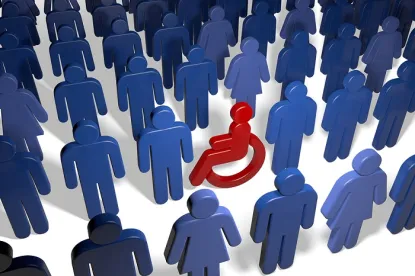Some period of time after a claimant begins receiving Social Security Disability Benefits, the Social Security Administration (SSA) generally conducts a Continuing Disability Re-Evaluation (CDR). If you are less than 55 years of age at the time your benefits begin, a review is usually conducted every 3 years. If you are 55 years old or older, or if you have a condition that is unlikely to improve, your CDR will occur approximately every 7 years, until you reach retirement age.
A CDR may also occur if you are receiving Social Security Disability benefits and earning more than “substantial gainful activity” (SGA) per month. In 2016, the SGA amount for disabled non-blind beneficiaries is $1,130 per month. For blind beneficiaries, the amount is $1,820 per month. If you earn more than the SGA, your disability benefits will be in jeopardy. The exception to the SGA limitations is when the beneficiary is enrolled in a return-to-work plan through Social Security, which allows for a trial run of work for the beneficiary.
If a beneficiary’s disability is under medical review in a CDR, the case goes through a process similar to the process which occurs when you first applied for disability benefits. Any medical records since the determination are reviewed to ascertain if you have had medical improvement as it relates to your ability to perform work, and if you have the ability to perform in SGA. The SSA may ask the beneficiary to attend an examination with a physician retained by the SSA.
There are exceptions to both the medical improvement standard and the SGA standard. The SSA need not prove that a beneficiary’s impairment has medically improved if the claimant is working and earning above the monthly SGA limit; if the beneficiary has had vocational training that enables him or her to return to the work force; a new method of evaluating the beneficiary’s disability reveals that he or she is not disabled; or it is determined that there was an error in the initial disability determination.
The SSA need not show that a beneficiary can engage in SGA, if it is determined that the beneficiary committed fraud, failed to cooperate with the CDR, cannot be found, or failed to follow a physician’s prescribed treatment.
Although going through a CDR may be stressful for a beneficiary, the vast majority of beneficiaries do not lose their benefits. If a beneficiary’s benefits are stopped, that decision can be appealed and the beneficiary can request a hearing before a Social Security Administrative Law Judge. In addition, a beneficiary can request a continuation of benefits while the matter is on appeal.



 />i
/>i

